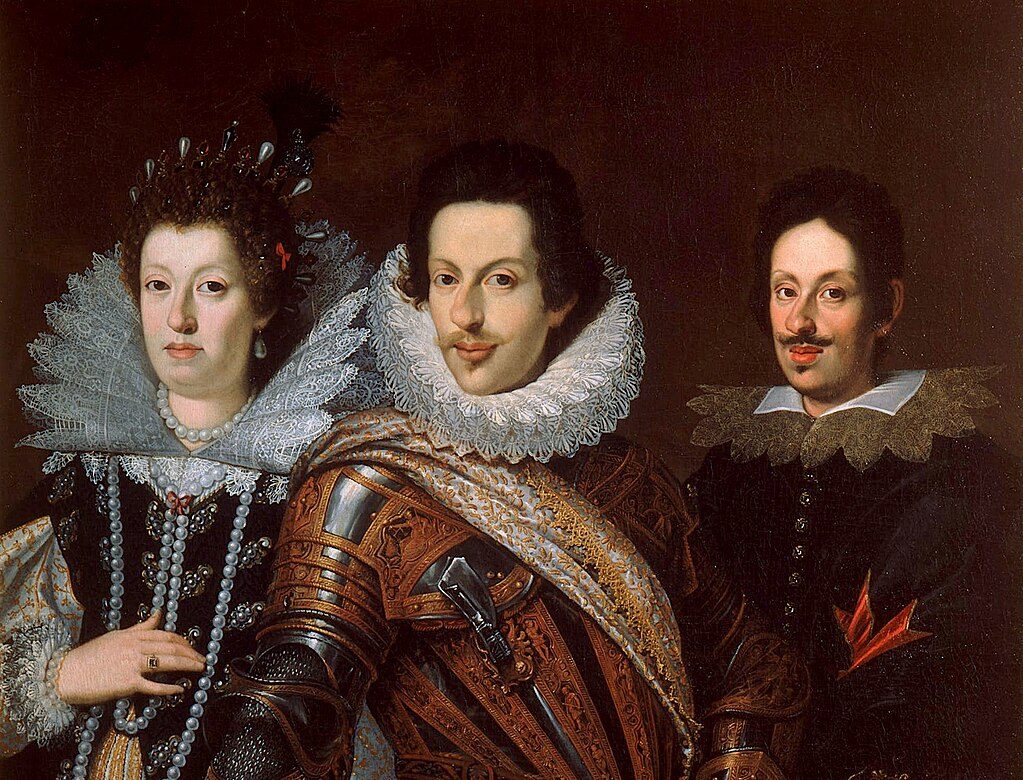Guido Alfani
Indeed, particularly from the Middle Ages it became clear that the rich were often viewed negatively and seen as sinners. Theologians at the time reread the bible and emphasized some of the most severe critiques of the rich, such as Jesus’s claim that “it is easier for a camel to go through the eye of a needle than for a rich man to enter the kingdom of God.” In reality, the issue was particularly problematic for commoners who became wealthy. The problem wasn’t really with the nobles, who, according to theologians, had their privileged access to resources as part of God’s plan for the organization of society. In theory, nobles were also responsible for protecting their subjects, creating a sort of exchange between noble and subject. The concern lay with the commoners: Why were they wealthy? Why did they accumulate wealth instead of using it to help the poor?
For someone like Thomas Aquinas, the answer was clear: they were sinners, and the goal was to prevent sin from spreading. Aquinas even advised against allowing commoners to engage in international trade, fearing that they would become too rich. What was even worse was when the wealthy gained their money through lending. Aquinas, reflecting on Aristotle’s teachings, argued that money should not generate more money — “nummus non parit nummos,” as the Latin phrase goes. Engaging in such practices, and in particular lending at interest, was essentially committing a sin because it meant making someone pay for time, and since time belongs to God, it was basically considered akin to stealing from God.
Despite the theologians’ efforts, they ultimately failed to stop rulers from allowing their subjects to grow rich, as rulers wanted wealthy people in their communities to tax and to provide funds when needed. Nonetheless, these theologians contributed significantly to the…
Auteur: Guido Alfani

